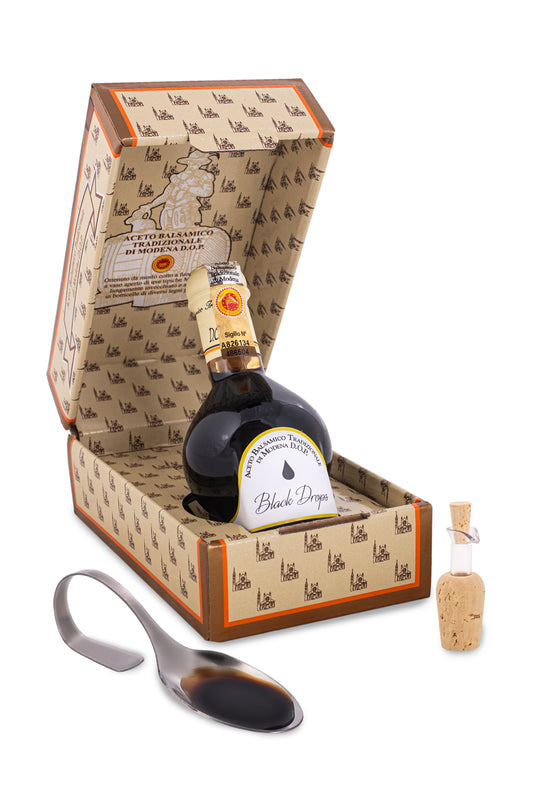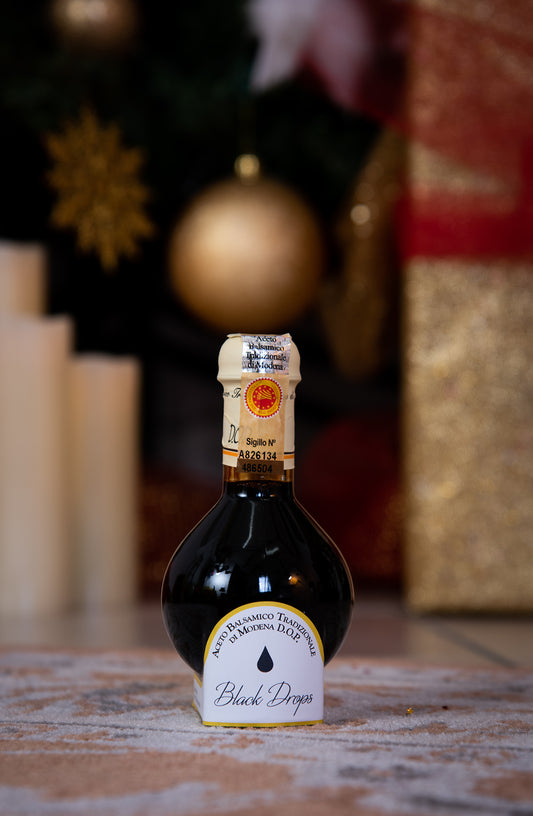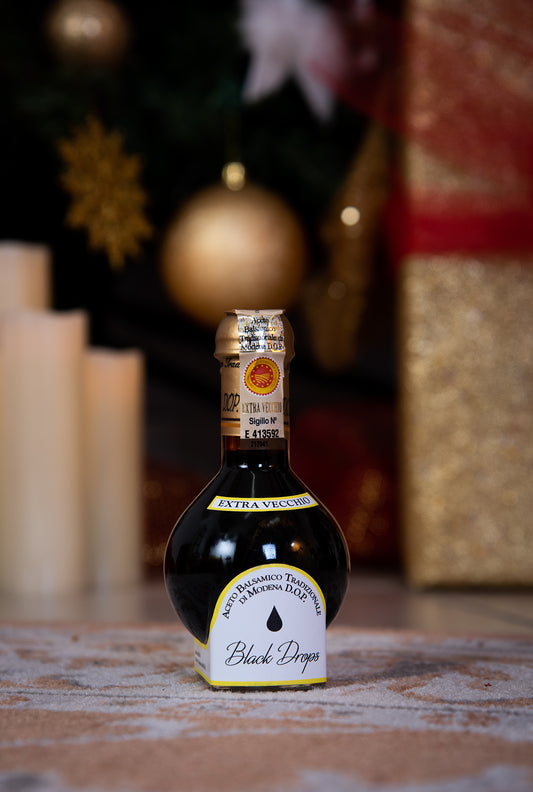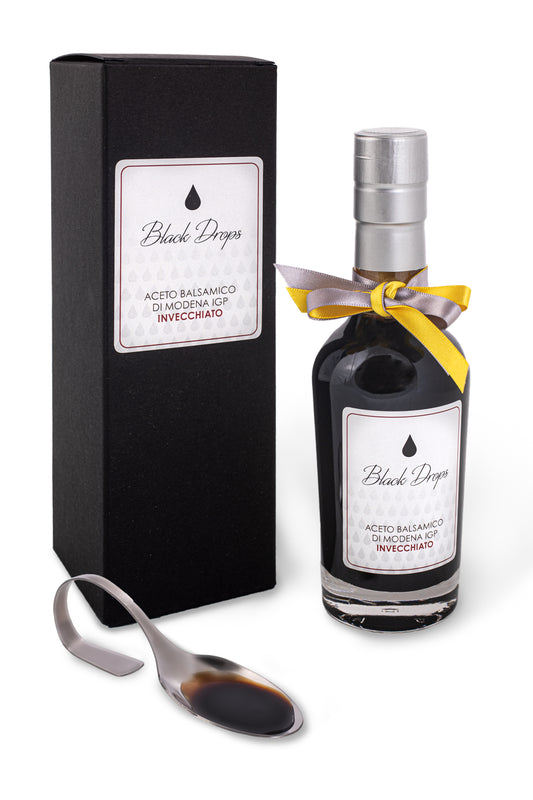The 2023 harvest opens with various challenges for Italy . The adverse weather conditions have put the vineyards to the test and risk compromising the next harvest. Hailstorms, heavy rains, high temperatures and downy mildew , a fungal disease, inflicted significant damage on the precious grape clusters . In such a delicate moment, it is crucial to join forces to safeguard the quality of authentic Made in Italy products , often imitated and sold as such on a global level. We talk about it in this article.
Vineyards under siege and decline in production
The highly anticipated 2023 grape harvest is near, yet it looms with shades of challenge and hope with nationwide impact . Abundant rains triggered the spread of downy mildew , while the humidity and anomalous heat caused powdery mildew to emerge . However, winemakers have responded promptly with effective agronomic measures managing to control the diseases in an optimal way.
The regions most affected in terms of production are those of central and southern Italy, with the South and Islands particularly affected by the decrease in yields. In Tuscany the losses are more serious, with a 70% drop in bunches. In Emilia Romagna, where part of these grapes will be destined for the production of Balsamic Vinegar and vinegar-based condiments, it is Romagna, already badly hit by the floods of last May, which recorded a sharp drop in production . This is what emerges from the study carried out by Coldiretti on the forecasts for the 2023 harvest . Nonetheless, there is room for optimism. The harvest promises to be a test case for the resilience of the Italian wine sector, demonstrating that the passion for the land can overcome even the most difficult challenges.
Protecting Excellence: A Crucial Step
In addition to bad weather, Italy has another problem to deal with, namely that of products that pretend to be Italian. The Italian government has taken a crucial step to defend the country's high-quality products. A tangible example is the legal action brought against Slovenia due to a technical regulation which allows the production of condiments with the generic label of “balsamic vinegar”. The objective is clear: to protect Italian excellence , such as Balsamic Vinegar of Modena IGP , a precious treasure. The State Attorney's Office has launched an infringement procedure against Slovenia to avoid incorrect use of the "balsamic vinegar" label, which could damage the genuineness of Italian products with protected designation of origin.
The Tradition of Production in the Modena area
Since 1965, the production of Balsamic Vinegar of Modena has been regulated by a disciplinary which establishes the laws and indications for the production, conservation, packaging and marketing of food products. The disciplinary requires that the assembly of the raw materials, the refinement and the aging must take place in the provinces of Modena and Reggio Emilia . There are seven permitted grape varieties : Lambrusco, Sangiovese, Ancellotta and Fortana for red grapes, and Trebbiano, Albana and Montuni for white grapes.
New Label: greater clarity in the Choice
To make it easier for consumers to choose the different types of Balsamic Vinegar IGP , a new indication on the label called "Consortium Profile" has been introduced . This new classification provides greater clarity of the sensory profile through graphic and descriptive elements, helping consumers to navigate between the different organoleptic characteristics . This allows consumers to easily identify products which, depending on the quantity of must used and ageing, can vary considerably in price within the same production specification.
We protect our heritage
At this critical time, a collective effort is essential to ensure the quality of our country's authentic products . Made in Italy is a national treasure that deserves to be preserved and celebrated on the global scene. We protect our culinary heritage : together we support the authenticity and true flavor of Italian Balsamic Vinegar .








